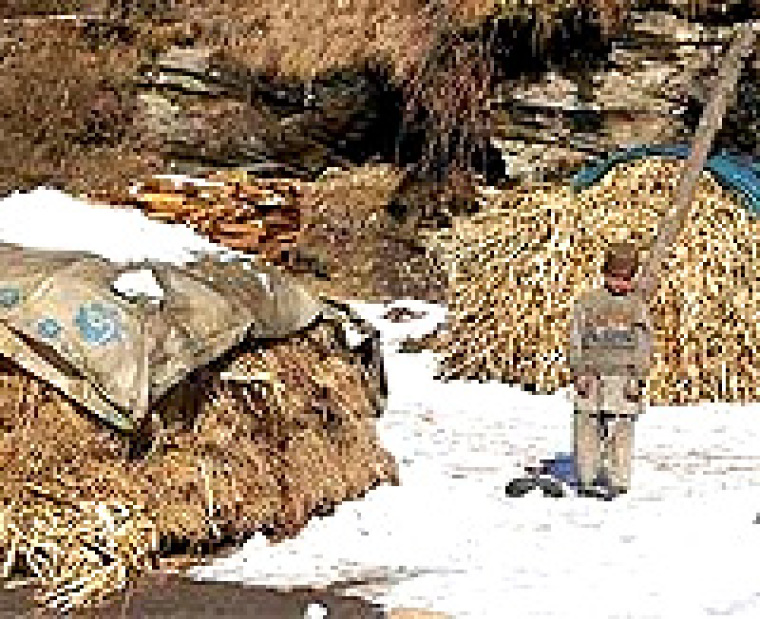
World Vision and the Pakistan-based Organisation for Development Coordination (ODC) are currently rushing humanitarian aid to more than 100,000 people who are still suffering in the wake of last year's Pakistan earthquake in a remote, tribal-governed community in the Himalayan foothills off-limits to Westerners. The suffering victims were discovered only recently.
The humanitarian organisations will be delivering food, tents, blankets and other relief supplies next week to these individuals who have not received any help since the October 8 quake that killed nearly 75,000 people.
"Our priority is to get much needed aid to those undiscovered communities as soon as possible," says Chris McDonald of World Vision.
The needs of the earthquake victims in the remote community of the Black Mountain were known when a group of tribal leaders from the community journeyed more than 40 miles over several days to Mansehra, north of Islamabad, to request for building materials and medicine.
Mehboob Haider, a spokesman for the Pakistani federal relief effort, said he had not heard about the tribes before.
“The mountainous area, about 60 kilometers north of the city of Mansehra, didn’t request any assistance immediately after the October 8 quake because the villagers were fiercely independent,” said Rita Alfred, the spokeswoman for World Vision in London.
“These communities are used to fending for themselves,” Alfred said. “They are not townies. They are hardy, fierce, independent people and they’ve lived like that for generations.”
Residents of the remote community have been self-governing for centuries, and known to be traditionally suspicious of outsiders, especially Westerners, since a British and Indian army expedition in 1888.
However, Pakistani aid agency ODC gained the trust of the Black Mountain tribal leaders, which led them to partner with World Vision and distribute relief items.
"World Vision was able to respond to the tribal leaders' appeal because we have demonstrated expertise in responding to emergencies and gaining credibility and access to remote areas," McDonald says.
Courtney Lee
Christian Today Correspondent